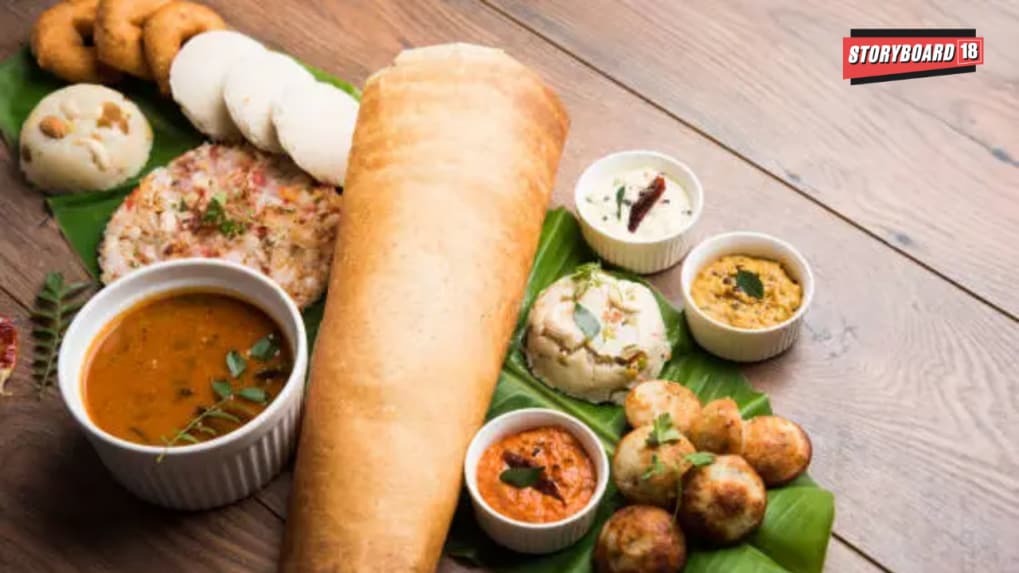How it Works
WPP, Havas, Omnicom: Are advertising’s biggest holdcos recasting agencies as AI Operating Systems?

A South Indian restaurant in Pune has gone viral for introducing a Rs 20 charge on customers who waste food, sparking a larger debate on whether monetary penalties can serve as effective behavioural nudges against India’s massive food wastage problem.
A hotel in Pune is charging ₹20 extra if you waste food.
— Ronita (@rons1212) August 13, 2025
Every restaurant should do the same, weddings and functions should start charging fines too! pic.twitter.com/Bw3eU7b58L
The rule, highlighted in the restaurant’s menu, has drawn mixed reactions online. Supporters hailed it as a much-needed push towards responsible dining, with many suggesting the model could scale to weddings, buffets and large events where food waste is notorious.
Critics, however, questioned its fairness, asking if customers should pay for food they didn’t find edible or up to standard.
With India wasting nearly 68 million tonnes of food annually, worth billions, such experiments reflect a growing recognition that awareness alone isn’t enough. Behavioural interventions, whether charges or RSVP-based guest tracking, could be crucial to tackling the crisis.
From purpose-driven work and narrative-rich brand films to AI-enabled ideas and creator-led collaborations, the awards reflect the full spectrum of modern creativity.
Read MorePraveen Someshwar, Managing Director and CEO of Diageo India, joins the Grand Jury of the Storyboard18 Awards for Creativity, highlighting the awards’ focus on work that blends cultural relevance with strategic and commercial impact.